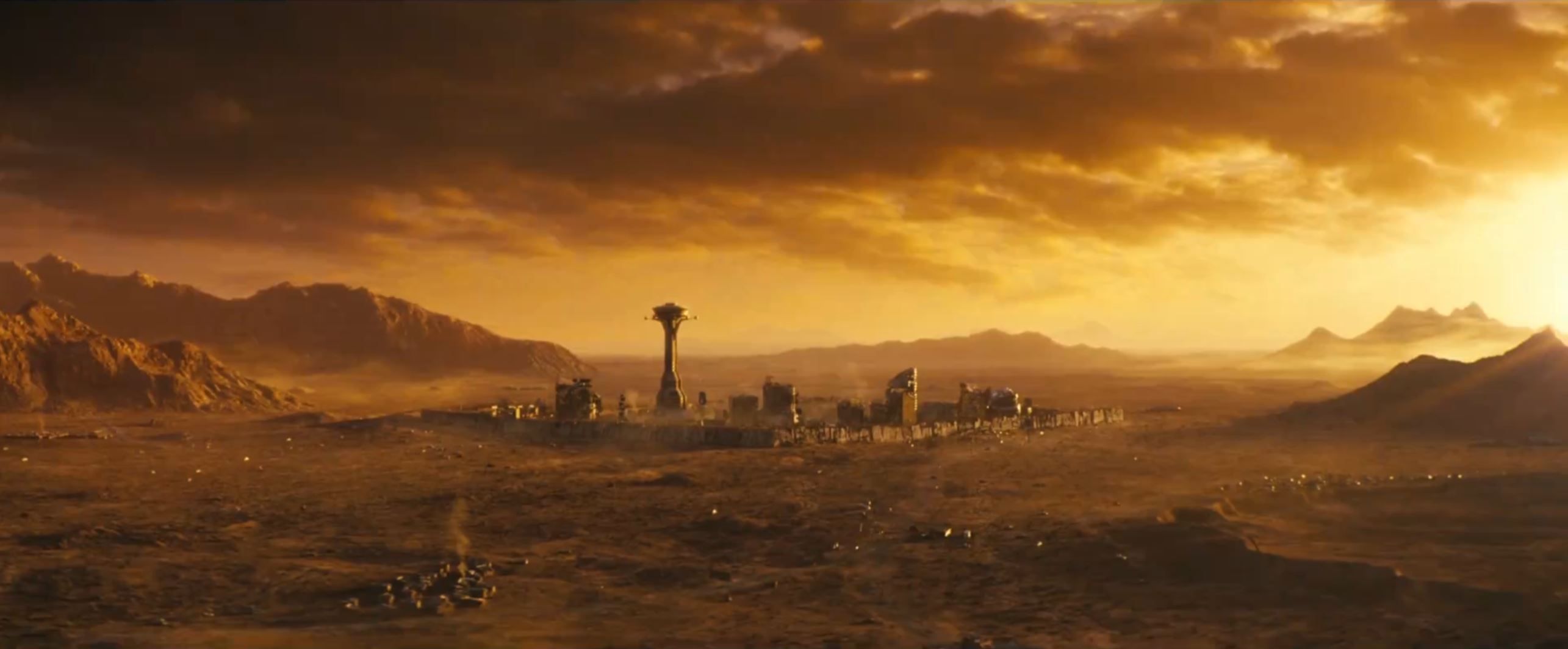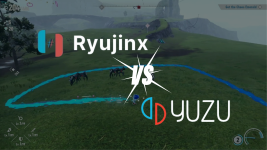It's frustrating to know people are missing out on things they'd enjoy, but I can understand where they're coming from. Adaptations, especially those that stem from geek fandoms, tend to carry a sort of implicit dialogue with fans. Nods and references to the source material act as fan service to make this part of the audience feel seen, but it can also make everyone else feel like they're missing out. It's like an inside joke you're on the outside of. You can still enjoy the story for what it is, but there's this layer you're missing that makes you feel like the movie or TV show isn't really meant for you.The MCU is notorious for this. I don't know how many times I've been in a theater that erupted with excitement at a cameo while my non-comic book-reading partner asked "who is that?" and I had to pause WandaVision to give a dissertation on the difference between X-Men Quicksilver and MCU Quicksilver to my glossy-eyed family. It doesn't feel good to feel left out, and even though these are small things in the grand scheme of an entire movie or TV show, I can imagine how weird and distracting it is when fan-service calls attention to itself.
It never occurred to me there might be a better way to handle it until I watched Fallout, a show that is so deeply rooted in the source material that it transcends the idea of fan service. It has very little need to give a nod to the players in the audience when every frame of every scene is dripping with pixel-perfect, pure-distilled Fallout. There's almost no moment where you would need to lean over to your partner and say "that's a thing from the games!" because every single thing in the show is a thing from the games.
There are moments that I would consider traditional fan service throughout the series, but there's no Ralph Bohners. They're either handled in an elegant, subtle way that you would never realize is a reference unless you know what to look for, or they're integral elements of the plot.
When Norm hacks into the overseer's computer terminal at the end of episode seven, he has to do a traditional Fallout hacking mini-game. Fans get that, but to everyone else, he's just hacking a computer. Both of these moments fit in the show seamlessly, they don't pause the action and draw attention to themselves or feel out of place, and they don't make part of the audience feel left out.
The big ones are all the connections to New Vegas that show up at the end of the season, namely, Robert House's involvement with the Vault-Tec conspiracy, and the final shot of Hank descending on the Strip. In both cases, the audience doesn't need extra context to understand the significance of these details, because they're big important moments within the context of the show.

In the game, House is a megalomaniacal CEO that values profit and power over human life, and that's who he is presented to be on the show too. The Strip is an awe-inspiring skyline representing excess and depravity amidst a landscape of death, and that's exactly the impression you get when it appears at the end of the finale. Knowing the context of New Vegas may inspire our imaginations about where season two might go, but not knowing doesn't take anything away from you either.
The more I consider Fallout the more impressed I am with it. Where other shows have treated the desire for faithfulness to the source material as a burden, Fallout proves that good, original storytelling and authenticity don't need to be mutually exclusive values. It doesn't treat Fallout fans and newcomers as different audiences, and it manages to serve the interests of both with equal consideration. When I lean over to give my partner extra context about feral ghouls and angry juice, it feels like I'm helping expand the world of Fallout, not filling in the gaps.





